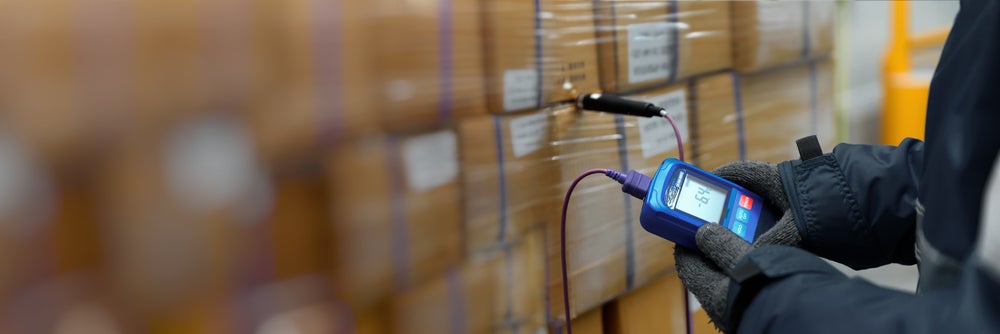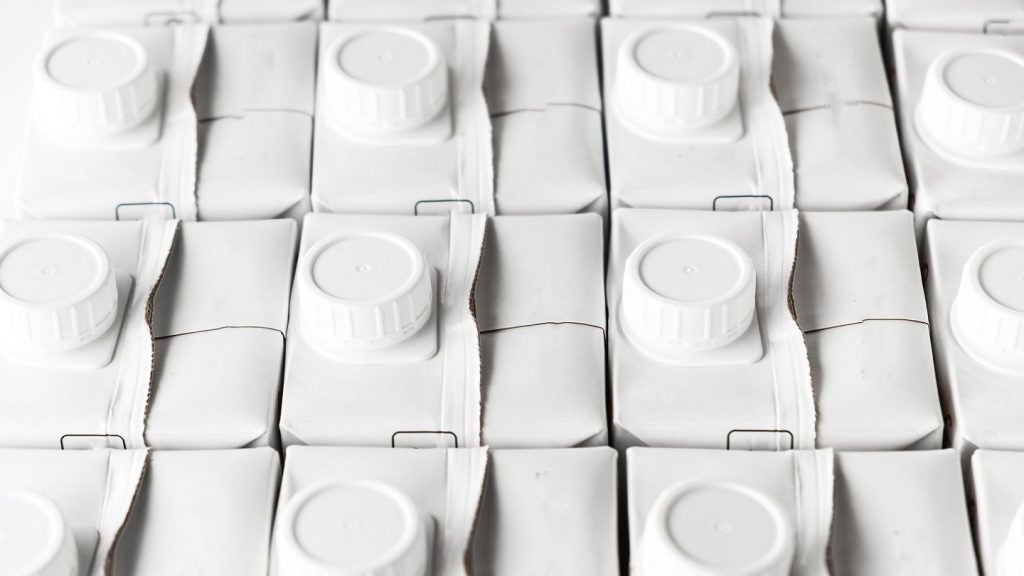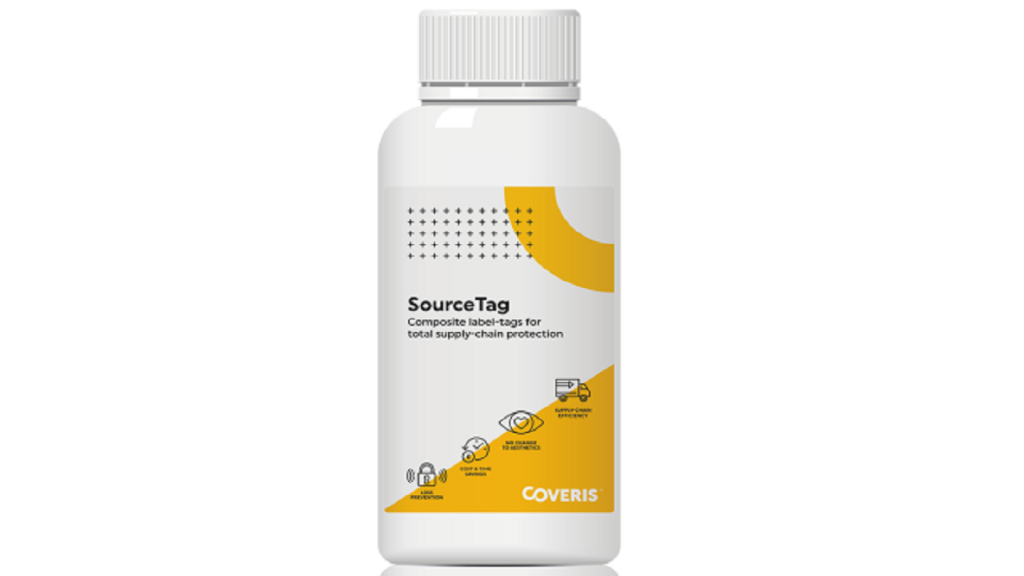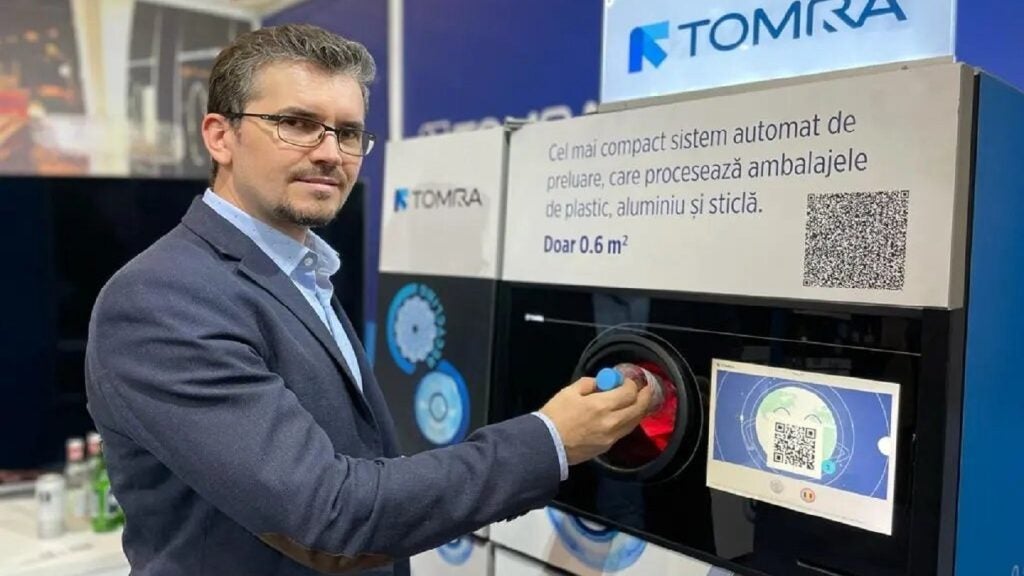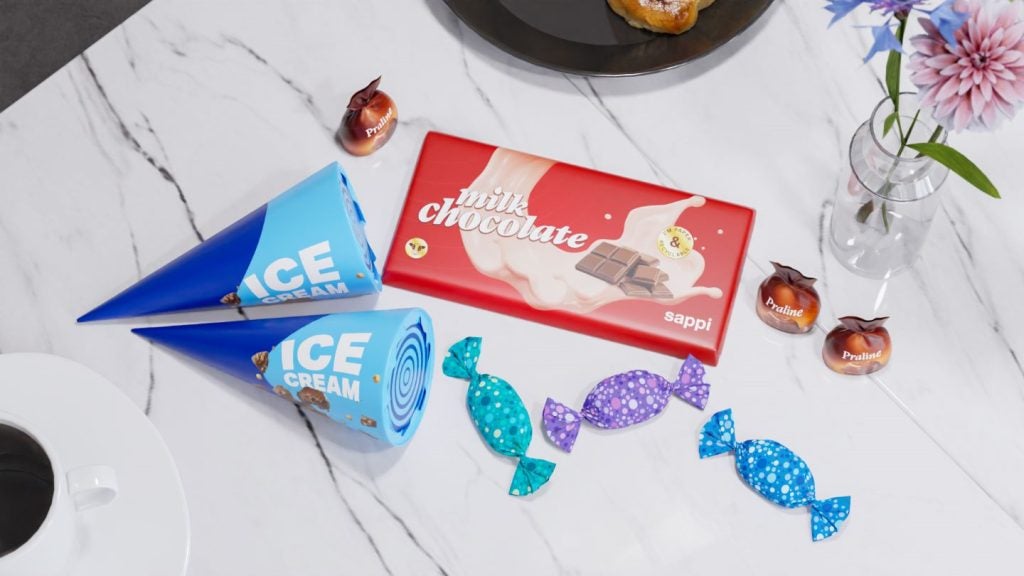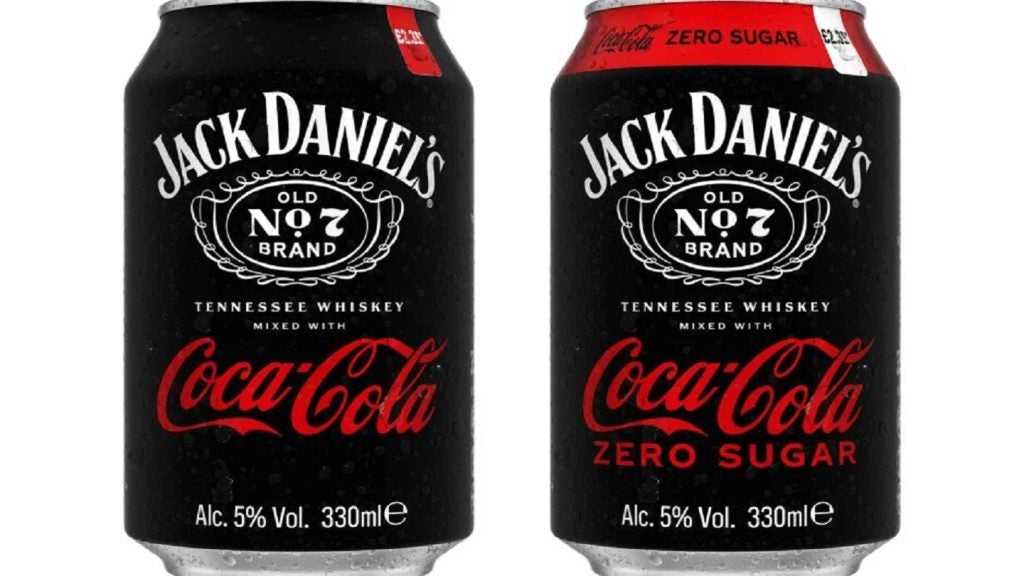In the modern world, the transportation of perishable goods across vast distances is an essential component of many industries.
Ensuring that these products remain within safe temperature ranges throughout their journey is not just a matter of convenience but a critical necessity for maintaining product integrity and consumer safety.
The role of temperature-controlled packaging in this process cannot be overstated, and companies like Hydropac are at the forefront of developing innovative solutions to meet these stringent demands.
“Temperature control is so vitally crucial in the transportation of perishable goods,” explains Colin Rowland, Managing Director of Hydropac. “Even a slight deviation from the optimal temperature range can lead to significant spoilage, loss of product integrity, and potential health risks.”
In the food industry, maintaining the cold chain is essential to prevent bacterial growth, which can cause foodborne illnesses such as E. coli. Similarly, in the pharmaceutical sector, certain medications and vaccines can lose efficacy if not kept at the correct temperature.
“A difference of just a few degrees can accelerate spoilage or deactivate critical components,” Rowland emphasises, highlighting the delicate balance required in these sectors.
Hydropac, now part of the Bunzl family, ensures that its packaging solutions and cool packs maintain precise temperature ranges to safeguard product quality and safety throughout the supply chain.
The company's dedication to this mission is evident in the rigorous standards it upholds and the innovative solutions it develops.
Addressing industry-specific challenges
“The food, pharmaceutical, and retail industries have distinct temperature control requirements due to the varying nature of the products they handle,” Rowland explains.
For example, the food industry requires strict adherence to temperature ranges—+2°C to 8°C for chilled and -18°C for frozen food—to prevent spoilage and bacterial growth.
“Products like fresh produce, dairy, and meat need specific temperatures to remain safe and fresh,” he says, “and are, to some degree, easier to control.”
“The real challenge in the food industry has been with frozen food, which online retailers have shied away from due to complexities,” Rowland notes.
However, Hydropac has mastered this with the creation of EasiFreeze™ and HydroFreeze™ ice packs.
“Their phase change is perfect for frozen foods and they are the ideal dry ice alternative, requiring a bit more time in the freezer than a standard ice pack,” Rowland adds.
In the pharmaceutical industry, temperature-sensitive products like vaccines, biologics, medications, and clinical trials require precise temperature control to maintain their efficacy.
Interestingly, pharma solutions are considered simpler than food, as the content variables (medicines) are somewhat narrower. “Although the processes are stricter, the consistency in the products makes it easier to manage,” Rowland explains.
Lastly, the retail industry often involves a mix of perishable and non-perishable goods, requiring flexible temperature control solutions. These are usually managed by large-scale temperature logistics (chilled lorries and warehouses) rather than ice packs and boxes.
Hydropac addresses each challenge by offering customised packaging solutions tailored to each sector's needs.
“Our differentiators include flexible ice pack choices, tailored sizes to suit box size and contents, and the fastest machines available to meet clients' needs efficiently,” Rowland says.
The safety and innovation of Hydropac's solutions
“Dry ice is effective for keeping products frozen but comes with significant risks,” Rowland points out. “It sublimates into carbon dioxide gas, which can displace oxygen and pose a suffocation risk in confined spaces.”
Handling dry ice requires special equipment to prevent frostbite or burns, and there are strict shipping regulations, adding complexity and cost. “These factors have led a significant portion of the haulage industry to avoid carrying dry ice,” he adds.
Hydropac offers a safer alternative with its patent-pending EasiFreeze solution. “EasiFreeze provides a stable -16°C environment, which couriers prefer because it’s ‘courier safe,’” Rowland says.
“Our couriers' safety is paramount, and EasiFreeze ensures they are not exposed to the risks associated with dry ice.”
Common issues faced by temperature-controlled packaging manufacturers include inconsistent freezing profiles, leakage, and inadequate insulation.
Hydropac has addressed these challenges through unique manufacturing methods, such as developing materials for consistent temperature maintenance and advanced phase change materials (PCMs) that sustain a stable temperature for longer durations.
Hydropac's leak-proof designs use stronger seals and a robust sealing process, utilising seal-through-liquid technology to ensure accurate fills and prevent contamination and failures in transit.
The company also focuses on sustainable solutions, with eco-friendly materials and designs that reduce environmental impact while maintaining performance.
“The bespoke machinery at Hydropac is another differentiator,” Rowland explains. “Our machines are unique, capable of running multiple different products, and they are the fastest in the industry.”
Future opportunities and challenges
Looking ahead, the biggest opportunities in the temperature-controlled packaging industry lie in technological advancements such as IoT and data analytics, offering new ways to monitor and manage temperature control.
The growing demand for e-commerce and direct-to-consumer delivery services also creates a vast market for innovative packaging solutions.
However, significant challenges remain, including overdue regulatory and legislative changes, environmental concerns, and the need for sustainable materials.
“Hydropac is well-positioned to lead through continuous investment in R&D, adopting cutting-edge technologies, and focusing on sustainable practices to meet the industry's evolving needs,” Rowland asserts.
“Who knows,” he muses, “maybe one day we’ll even figure out how to keep our coffee hot and our ice cream cold in the same bag—now that’s innovation!”


